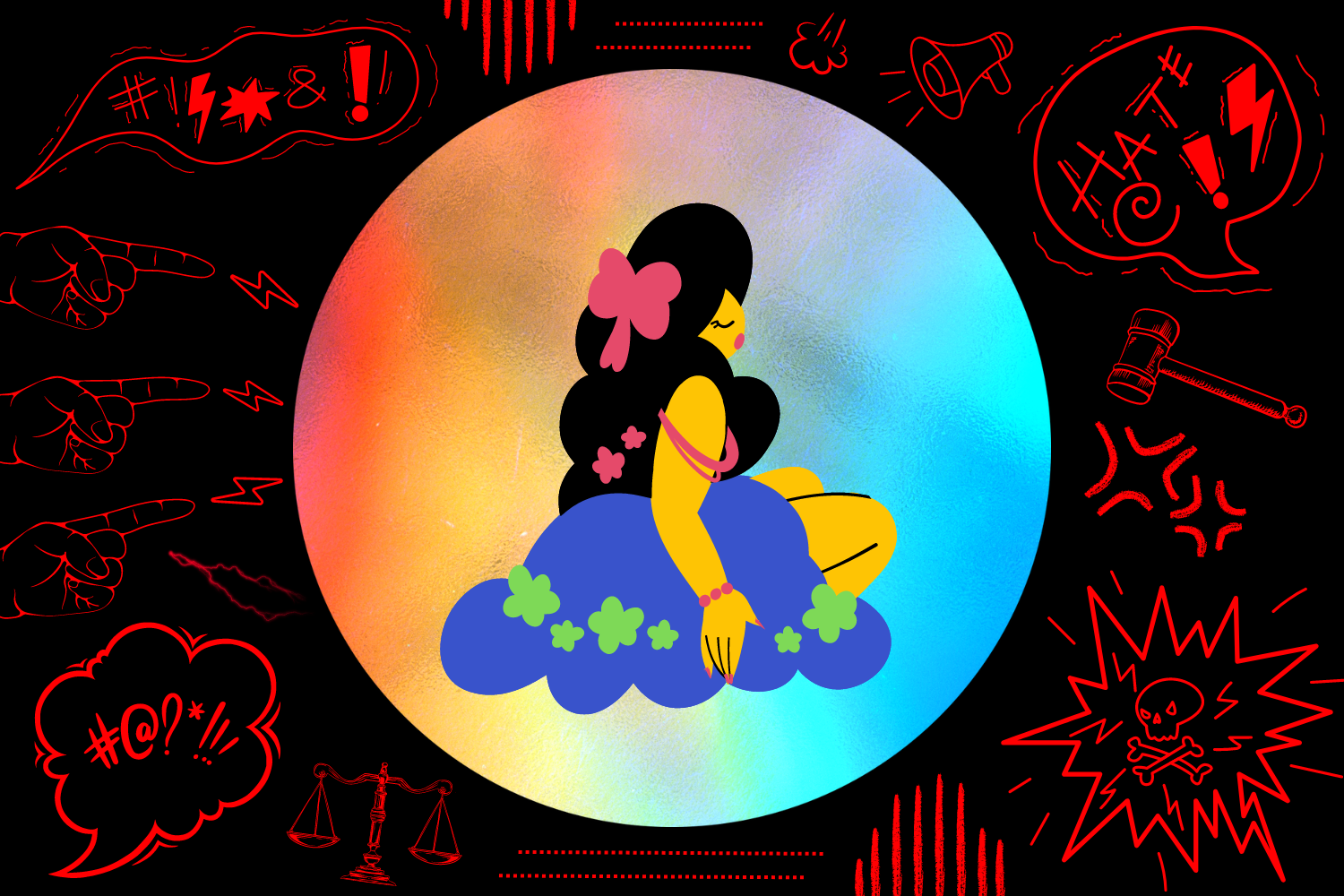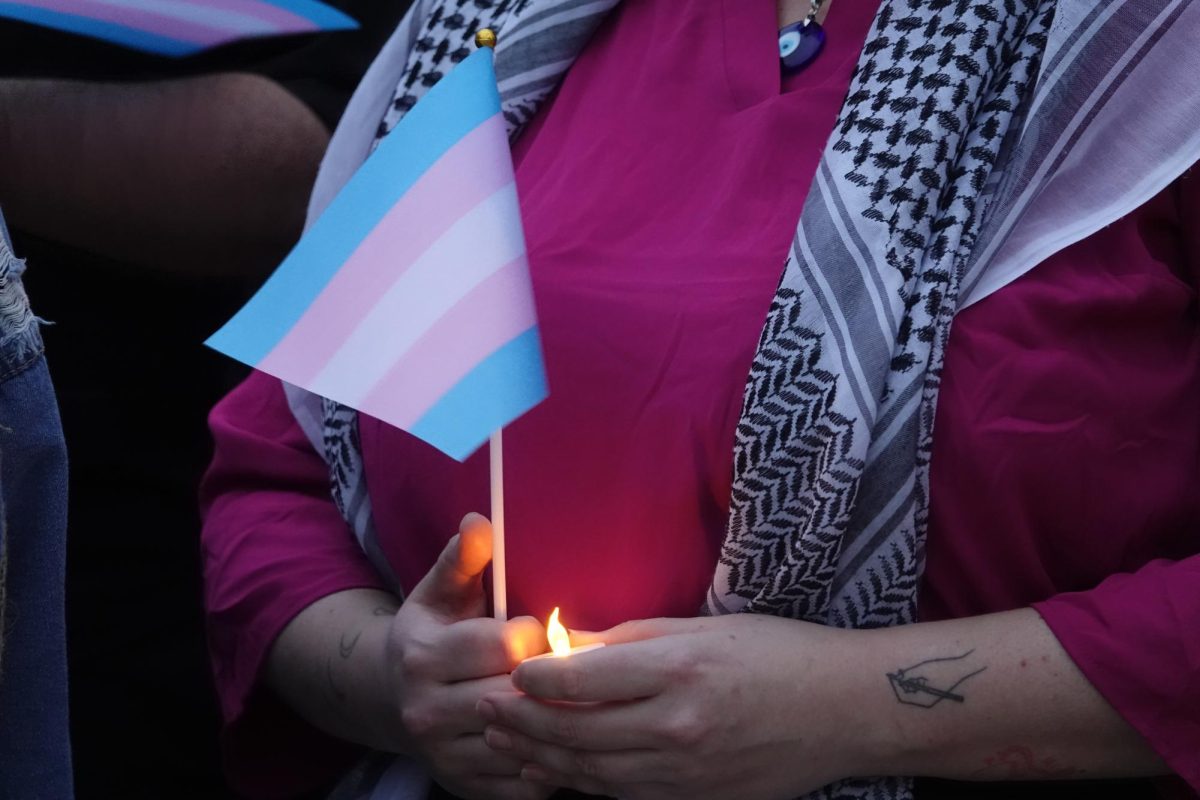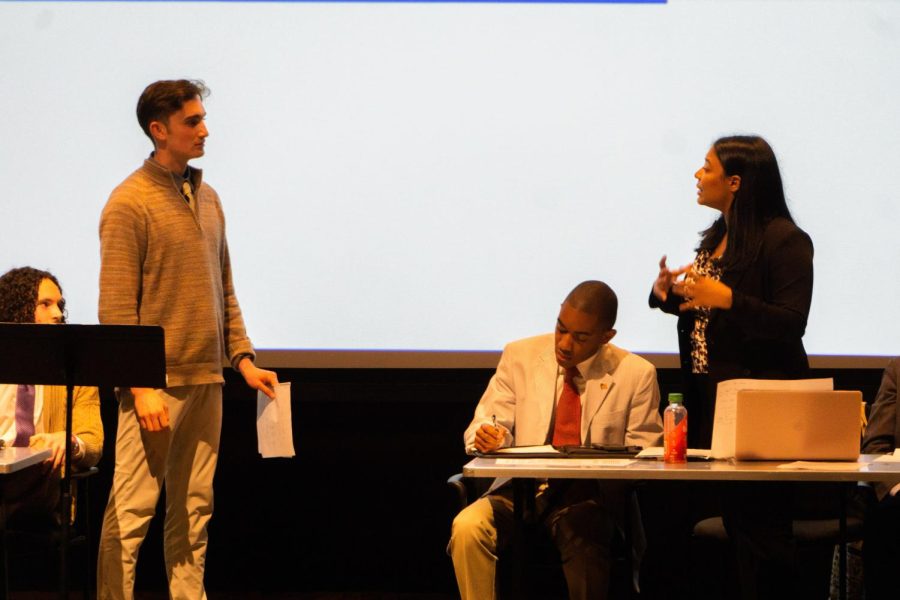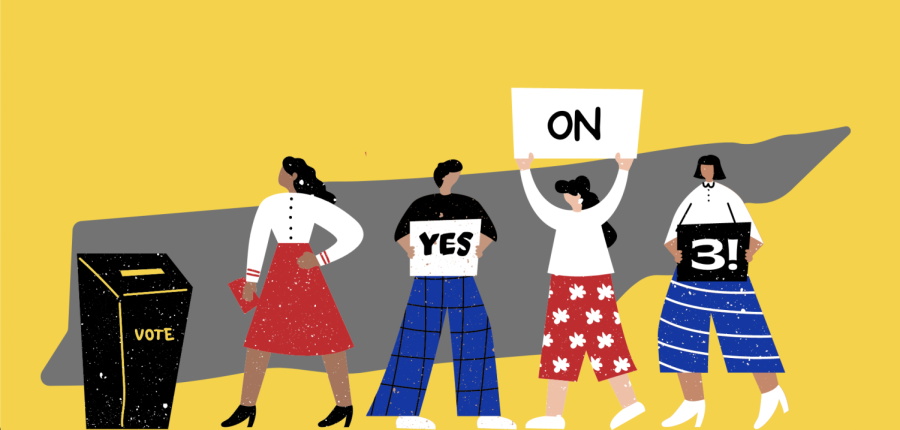Twenty-six bills targeting drag events have been proposed across 14 states as of this February. These anti-drag bills, introduced solely by Republican legislators, represent the newest focus of the anti-LGBTQ+ wave of homophobic and transphobic legislation that has been moving across America and across Tennessee. Despite Vanderbilt’s efforts to craft safe spaces for students of all sexual and gender identities, our university is not immune to the politics of Tennessee.
On March 3, Governor Bill Lee signed a bill that essentially bans drag shows. Senate Bill 3 creates a criminal offense for those engaging in adult cabaret performances “on public property or in a location where the adult cabaret performance could be viewed by a person who is not an adult.” Reading between the lines, this bill criminalizes public drag performances, including drag shows in parks, at festivals or at any under-18 venue. An initial offense is classified as a misdemeanor, but a second offense is classified as a felony, potentially resulting in up to six years in prison.
Drag, at its core, is an art form. Originating in the era of Shakespeare, drag centers around the performance of exaggerated gender, either exaggerated femininity or exaggerated masculinity. A drag queen is typically a cisgender male that displays exaggerated femininity through costumes, makeup and behavior. Notably, though, drag queens are not always cisgender men. Drag queens across the world identify with a variety of different gender and sexual identities. Drag queens often entertain crowds through spirited singing, dancing, lip-syncing or comedic performances.
Drag is so much more than entertainment. For those that perform, drag can be a meaningful and powerful method of expressing oneself and challenging the rigid gender norms of dominant culture. Drag performances require personality, creativity, passion and dedication. Drag allows performers to be whoever they want to be — an empowering and freeing experience for many, including students here at Vanderbilt. The Vanderbilt Lambda Association holds an annual drag show that brings Vanderbilt students together for a lively night. Drag performances provide an important medium for connection and identity at our university and in our community.
The spread of right-wing anti-LGBTQ+ rhetoric has hit the drag community hard. In 2022, GLAAD, an organization that ensures fair and accurate media representation for the LGBTQ+ community, found that a grand total of 141 “anti-LGBTQ protests and threats targeting drag events” occurred that year in 48 out of the 50 states. These demonstrations of violence increased in severity as the year progressed, from the firebombing of a donut shop that had hosted a drag show in Tulsa to an armed protest against a drag show in San Antonio.
Considering that drag is a harmless form of empowerment and self-expression, why are drag performers being attacked so vehemently across the U.S.? The right-wing pundits that initiate these acts of violence against the drag community are motivated by deleterious and false rhetorical claims that drag performers pose a threat to children. The rhetoric originates from a core belief that drag queens are sexually deviant child predators that utilize drag as a method of hiding their perversions.
This bill could make our fellow classmates into felons simply for expressing their creativity and gender expression in a space that was promised to be safe.
The most pervasive aspect of their belief is that drag queens are systematically sexualizing and grooming children. Grooming is a tool used by child abusers where the perpetrator seeks out, manipulates, coerces, isolates and abuses the victim. The association of drag queens with groomers and child abusers is baseless and offensive. Yet, it has grabbed hold of the minds and hearts of countless right-wing activists and politicians.
This issue has been close to home for a while now: In October 2022, Tennessee House Republican Chris Todd sought a court order against the Jackson Pride drag show. Todd took issue with the show being advertised as “family-friendly,” which he believed to be child abuse. Todd, unsurprisingly, sponsored SB3.
While right-wing activists and politicians continue to portray drag queens as pedophiles, drag queens across the U.S. continue to use their art form for good. Drag Story Hour is a non-profit organization that brings together “storytellers using the art of drag to read books to kids in libraries, schools and bookstores.” Founded in 2015, the group strives to improve childhood literacy, provide a day of fun and entertainment and, most importantly, allow children the space to “imagine a world where everyone can be their authentic selves.” Yet, even the well-intended charity work of Drag Story Hour is not immune to harmful right-wing rhetoric. In December 2022, a Drag Story Hour event in Columbus, Ohio, was canceled after a group of armed Proud Boys showed up to protest the event at the venue — a church. Over 50 protestors surrounded the church, and several held signs that displayed slogans such as “groomers not welcome.” This attack on Drag Story Hour even made it to Nashville in January 2019 when Ms. Kitty, a drag queen and former preschool teacher, hosted a reading hour at Putnam County Library that was quickly surrounded by protesters.
This outburst of anti-drag rhetoric and legislation is the result of a deeply misguided and misinformed understanding of what drag is and why drag queens perform. As drag has left its underground roots behind and come into the public eye, anti-drag rhetoric has become prolific.
Drag queens are not child predators. Their mere existence does not threaten to sexualize children, nor are performers child groomers. Drag queens are individuals using a centuries-old art form to creatively express themselves. Beyond being directly harmful to the drag queen community, SB3 has dangerous implications for transgender and queer individuals, including those at Vanderbilt. This bill puts them at risk of increased harassment simply for existing in the public eye. The transgender and queer community in Tennessee has already been forced through enough hardship at the hands of our state legislators.
SB3 is one bill in a long line of anti-LGBTQ bills proposed or passed within the Tennessee legislature. SB1, which passed in both the Senate and the House this month, bans gender-affirming care for transgender minors and criminalizes any healthcare provider that performs hormone treatment or surgery on a minor. Prior to this bill, Governor Lee signed several other anti-LGBTQ+ bills into law, including one that threatened legal action against public schools for allowing transgender students to use bathrooms or locker rooms that do not reflect their sex assigned at birth. In 2022, the Transgender Law Center found that the Tennessee legislature has passed the most legislation targeting and restricting transgender youth in the country.
As members of the Nashville community, Vanderbilt students are by no means immune to the effects of SB3, which goes into effect July 1 of this year. Those of us that routinely attend the Nashville Pride Parade this June may be at risk of being targeted in future years under this legislation. Our very own student organizations and events — such as Lambda’s annual drag shows– may be at risk of being targeted. This bill could make our fellow classmates into felons simply for expressing their creativity and gender expression in a space that was promised to be safe.
The passage of SB3 is a devastation to the LGBTQ+ community at Vanderbilt and across Tennessee. It is our responsibility to stand in solidarity with our queer friends and classmates, and extend our love and support to all those affected by this hurtful legislation during this trying time. As Columbus drag queen Anisa Love puts beautifully, “At the end of the day, we’re here to entertain. We’re here to stand up for our community. We’re here to love everyone.”










